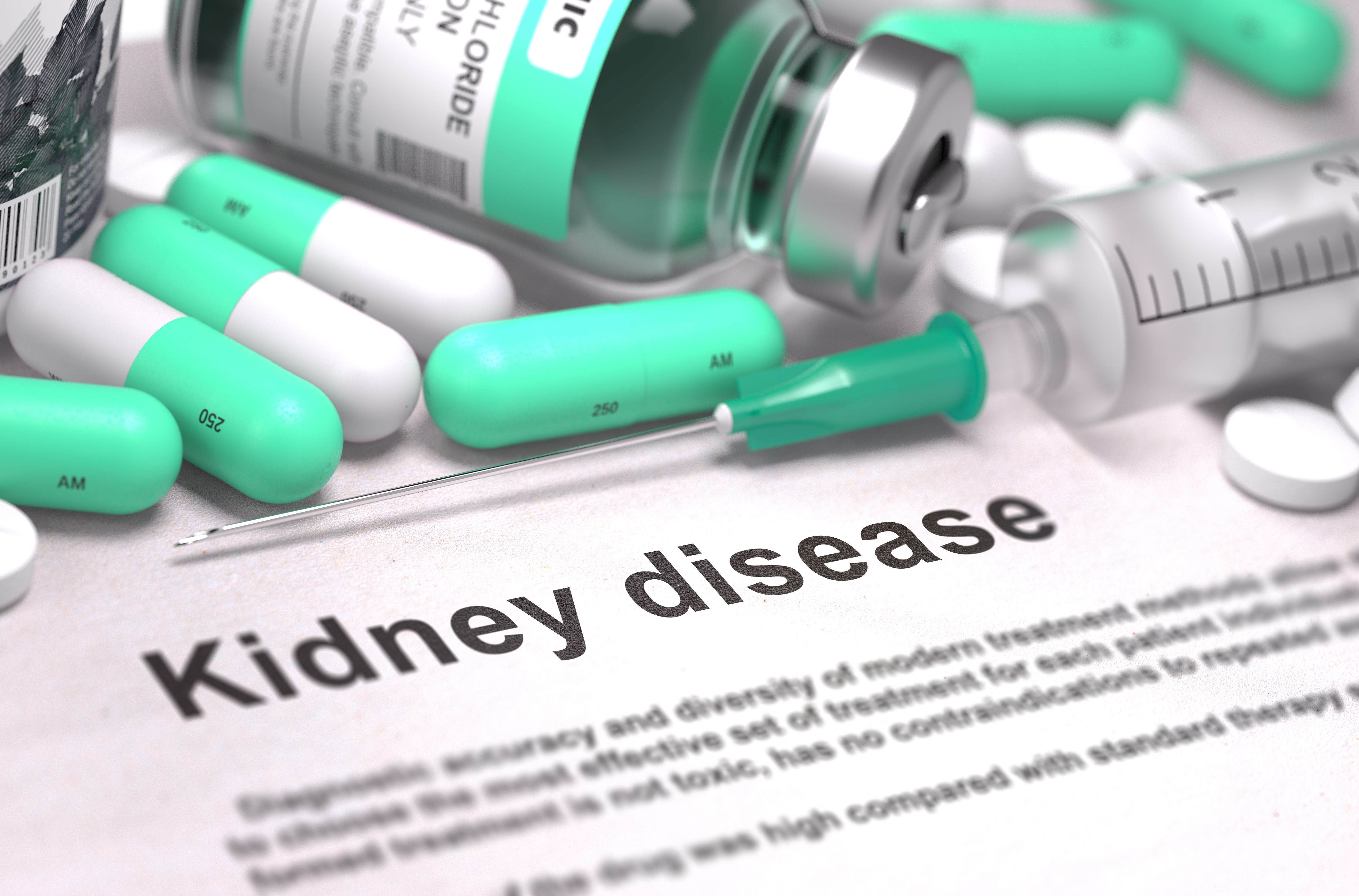Article
Investigators Identify Key Component in COVID-19, Kidney Injury Link
Author(s):
The highest suPAR tertile was linked to a 9.15-fold increase in the odds of an acute kidney injury.
Tariq U. Azam, MD

While acute kidney injuries (AKI) are common in patients suffering from the coronavirus disease 2019 (COVID-19), its pathogenesis is poorly understood.
A team, led by Tariq U. Azam, Division of Cardiology, Department of Internal Medicine, University of Michigan, began to shed light on the pathogenesis between AKI and COVID-19.
The urokinase receptor system could be a key regulator of the intersection between inflammation, immunity, and coagulation, while the soluble urokinase plasminogen activator receptor (suPAR) has been identified as an immunologic risk factor for acute kidney injuries. However, researchers do not know whether suPAR is linked with COVID-19-related AKI.
In the multinational, observational study, the investigators examined hospitalized adult COVID-19 patients. The researchers measured suPAR levels in plasma samples within 48 hours of hospital admission from 352 individuals and examined the association between suPAR levels and incident -in-hospital acute kidney injuries.
The mean age of the patient population was 61 years old.
A total of 91 (25.9%) individuals developed a AKI during hospitalization, 25 (27.4%) of which required dialysis. The median suPAR level was 5.61 ng/ml, while AKI incidence increased in conjunction with suPAR tertiles, from a 6.0% incidence in patients with suPAR <4.60 ng/ml (first tertile) to a 45.8% incidence of AKI in patients with suPAR levels >6.86 ng/ml (third tertile).
However, no patient with a suPAR <4.60 ng/ml required dialysis during their hospitalization. In the multivariable analysis, the highest suPAR tertile was linked to a 9.15-fold increase in the odds of an acute kidney injury (95% CI, 3.64-22.93), as well as a 22.86-fold increase in the odds of requiring dialysis (95% CI, 2.77-188.75). The investigators also found the association was independent of inflammatory markers and persisted across different subgroups.
“Admission suPAR levels in patients hospitalized for COVID-19 are predictive of in-hospital AKI and the need for dialysis,” the authors wrote. “SuPAR may be a key component of the pathophysiology of AKI in COVID-19.”
In a separate observational study of 3235 hospitalized patients with COVID-19 across the Mount Sinai Health System in New York, acute kidney injuries occurred in 1406 patients (46%), of whom 280 (20%) required dialysis. The researchers found about 66% of these injuries were moderate to severe and the majority of patients had evidence of proteinuria.
There have been other large studies conducted in both New York and China that produced similar findings regarding COVID-19 and acute kidney injuries.
Earlier this year, investigators found a mathematical way to forecast whether patients are at a high risk of developing an acute kidney injury.
In the diagnostic study, the investigators examined 495,971 adult hospital admissions between 3 university hospitals in Illinois. The researchers used data from patients with serum creatinine (SCr) measurements from Loyola University Medical Center (LUMC) from 2007-2017 (n = 200,613), University of Chicago (UC) from 2008-2016 (n = 48,463), and at NorthShore University Health System (NUS) from 2006-2016 (n = 246,895).
In a time-to-event analysis, the investigators found a probability cutoff of at least 0.057 predicted the onset of a stage 2 AKI a median (IQR) of 27 hours prior to the eventual doubling in SCr concentrations in the University of Chicago cohort, 34.5 hours in the NUS cohort, and 39 hours in the LUMC cohort.
The study, “Soluble Urokinase Receptor (SuPAR) in COVID-19–Related AKI,” was published online by the Journal of the American Society of Nephrology.




